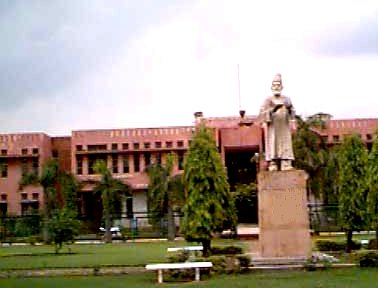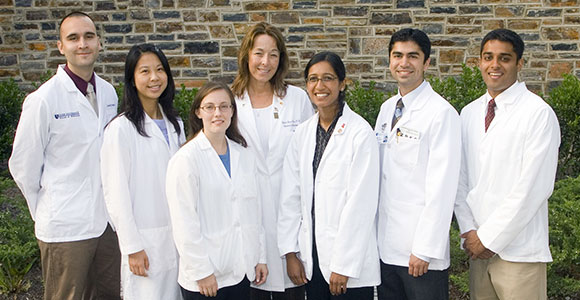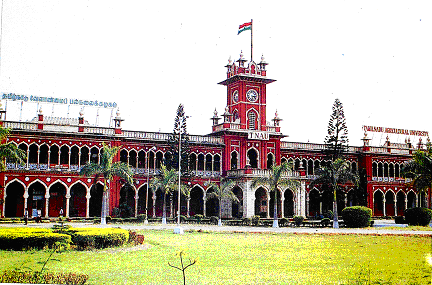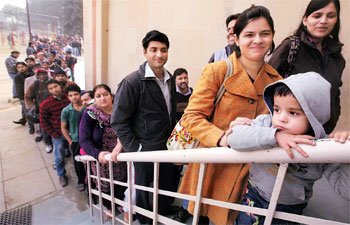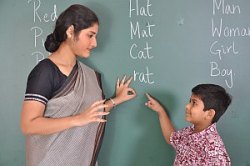The students of Manav Rachna College of Engineering bagged the first, second and third position at the national round of Microsoft Imagine Cup. The students won in the innovation category. They created products like smart skull which is an automatic system to alert the relatives of the accident victim and emergency services. Smart skull sends out signals to emergency centres.
Another project which bagged the award was MovAid, which according to the team is the world’s first personalized solution to measure and monitor the recovery of an individual after orthopedic trauma rehabilitation, surgery, injury or joint replacement. Project Respiron has a device and smartphone application for an out of range alarm, medication reminder, puff control and panic button.The puff counter in the app gives and automatic update on the number of puffs left in the medicine cartridge and also gives an alert to the user over the need of replacement.
Manav Rachna Educational Institutions (MREI) is now teaming up with the industries and also with other institutions to orient the curricula to the market.It now offers BTech in telecom informatics in association with IBM and BTech in computer science and engineering with specialisation in cloud computing.










